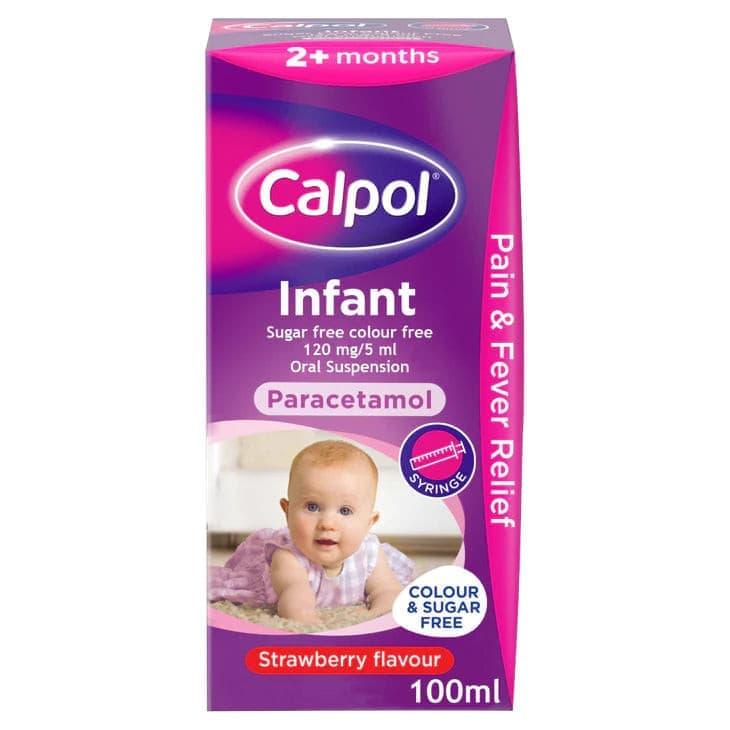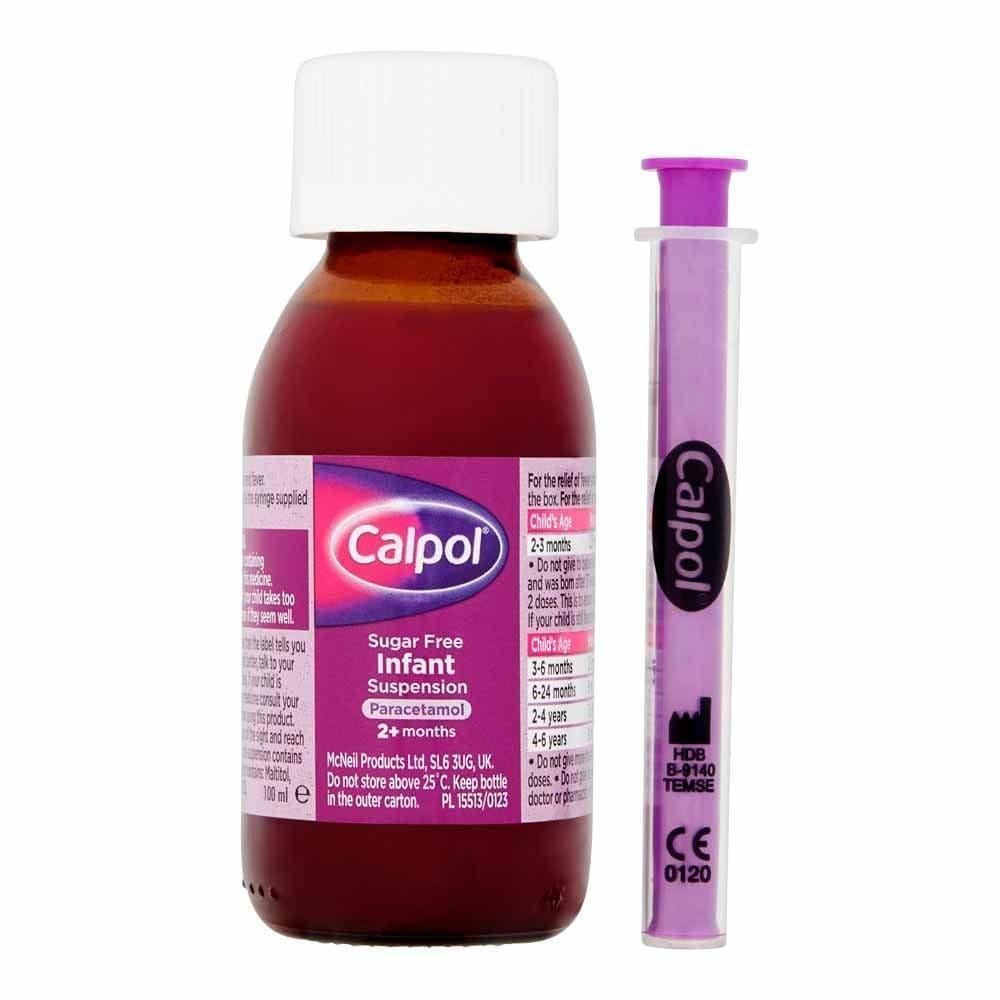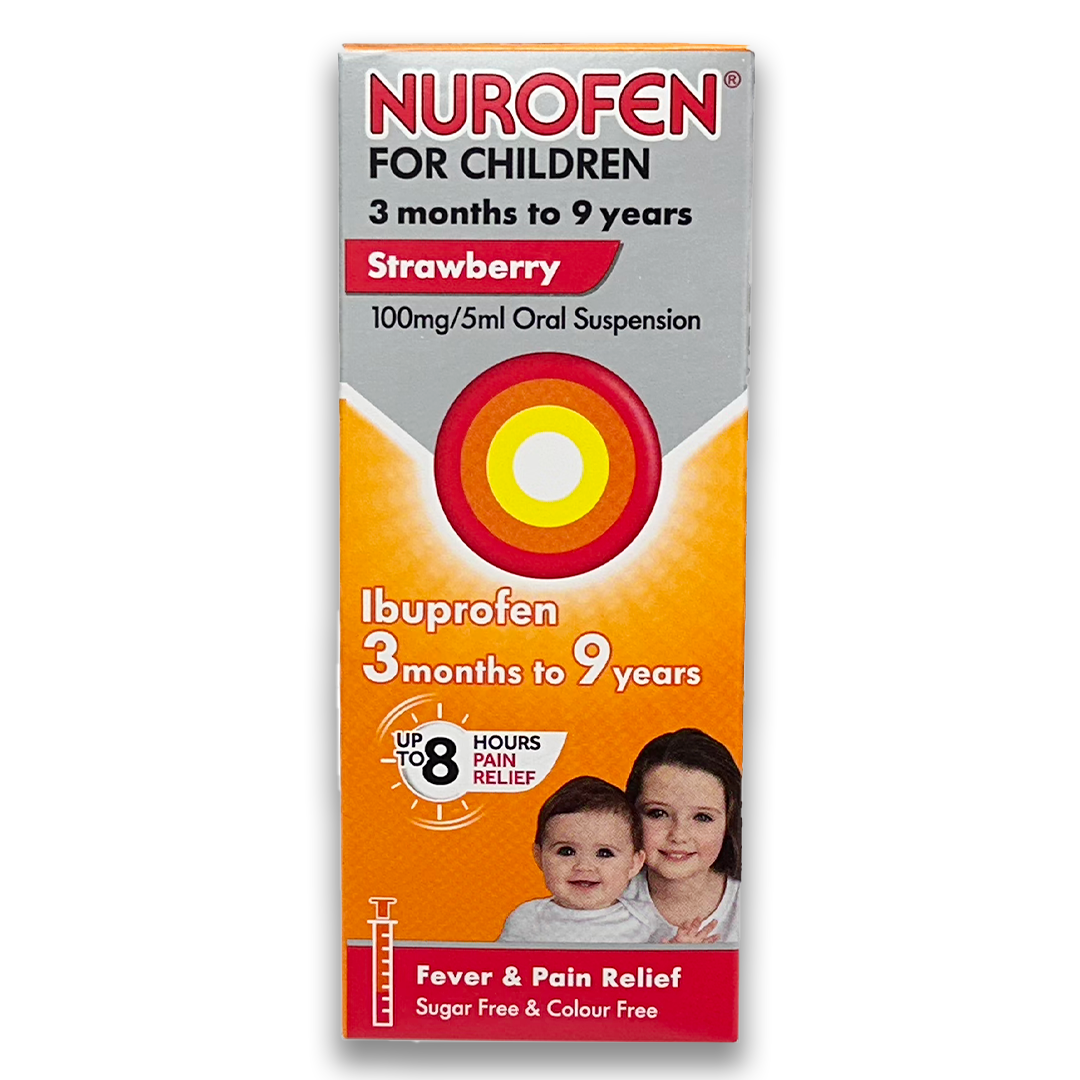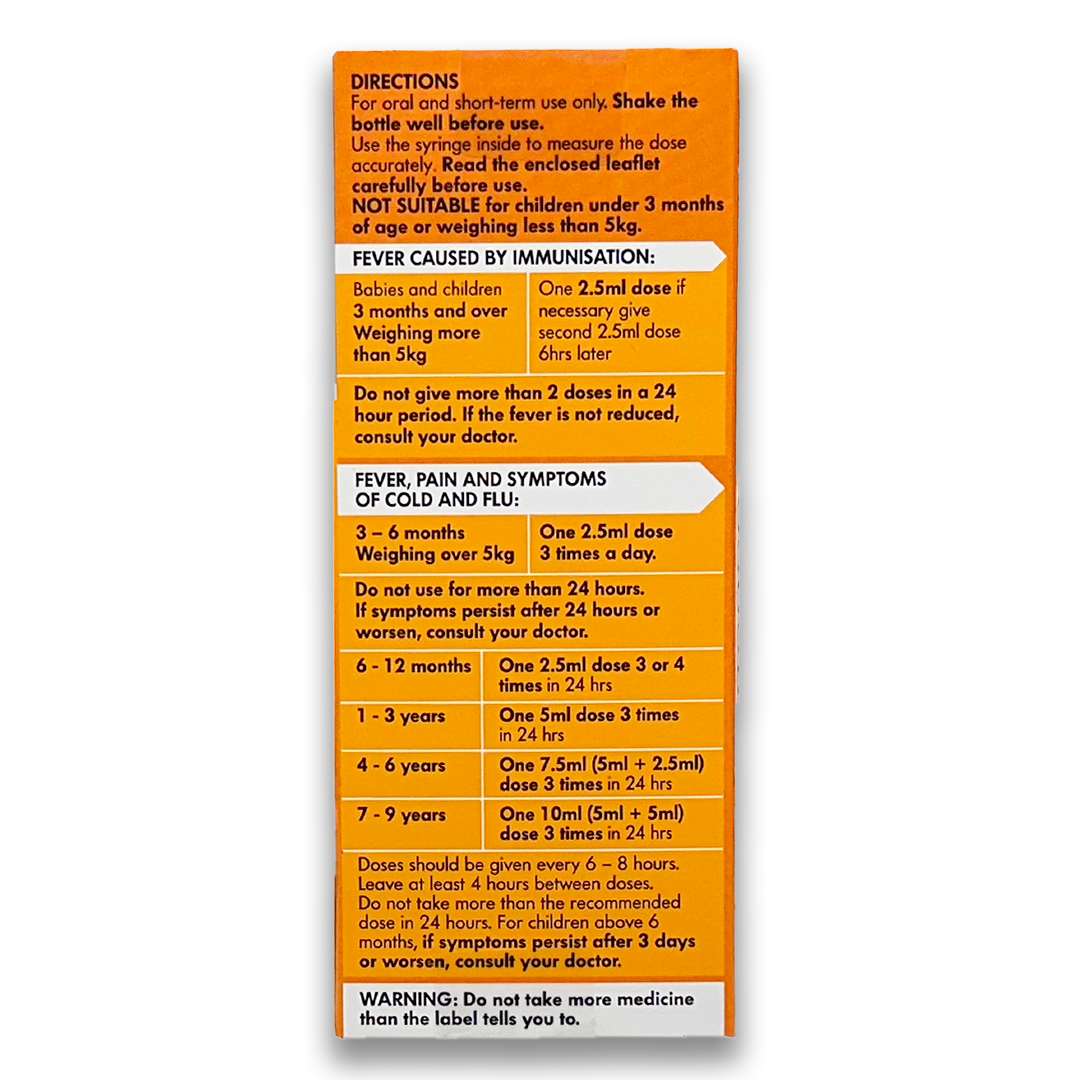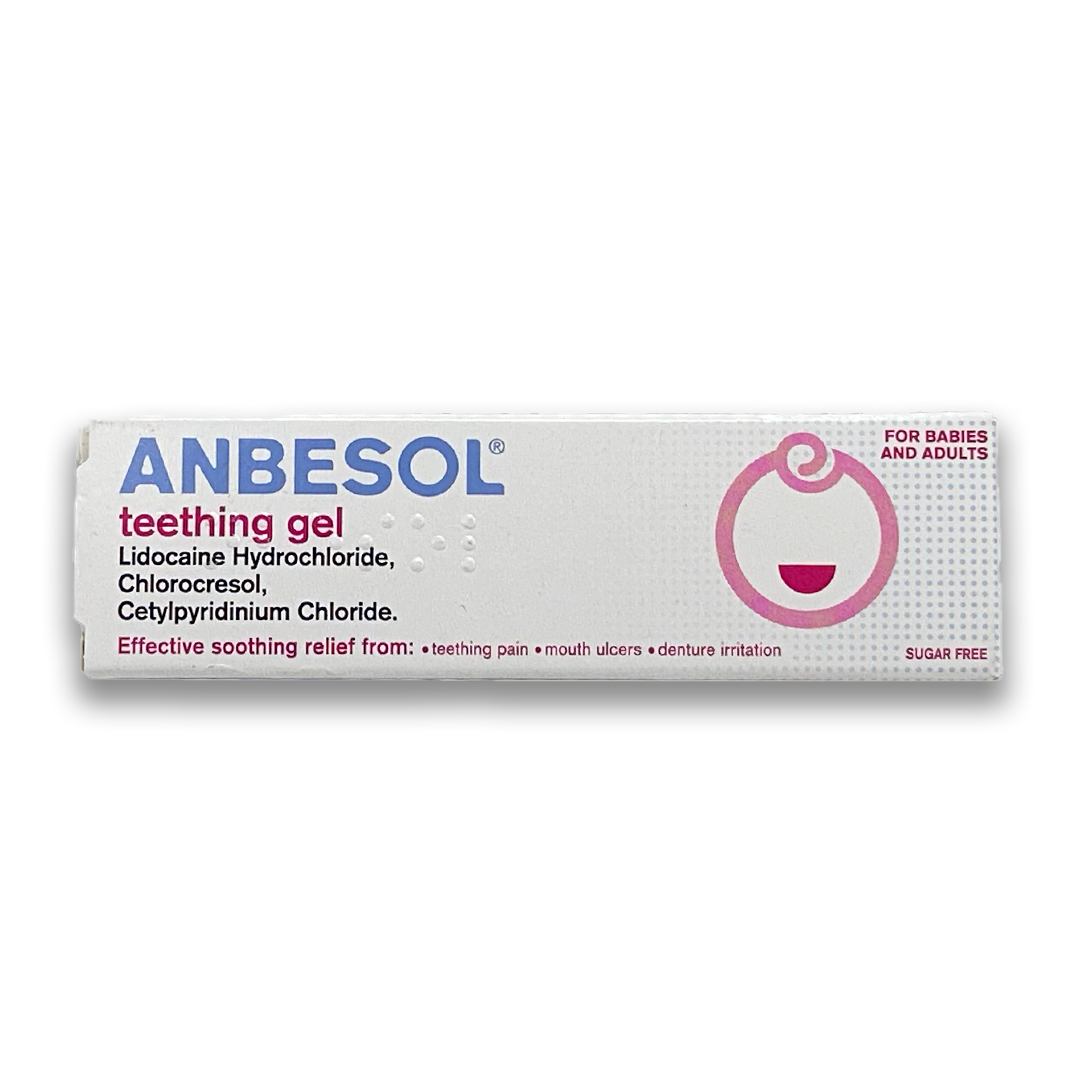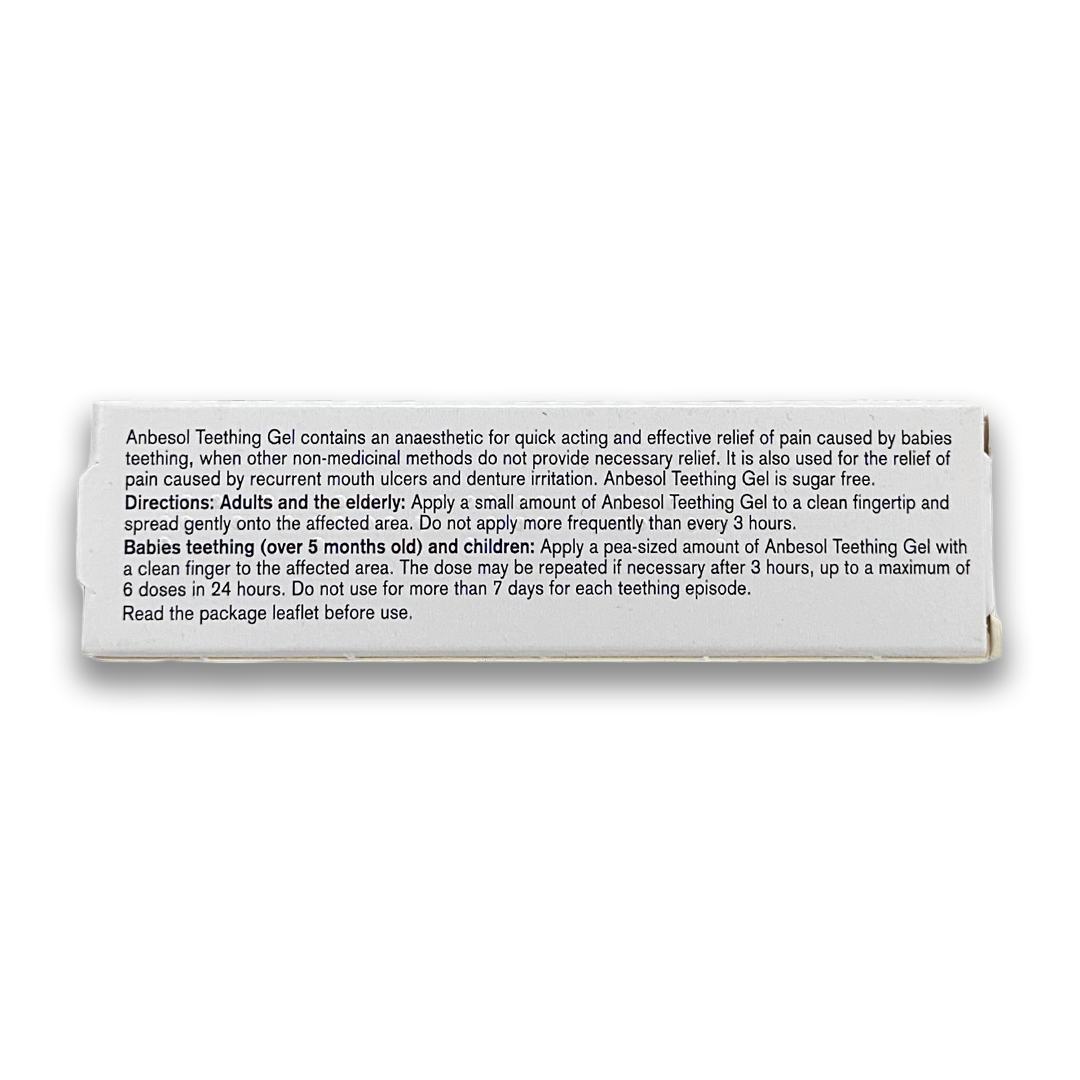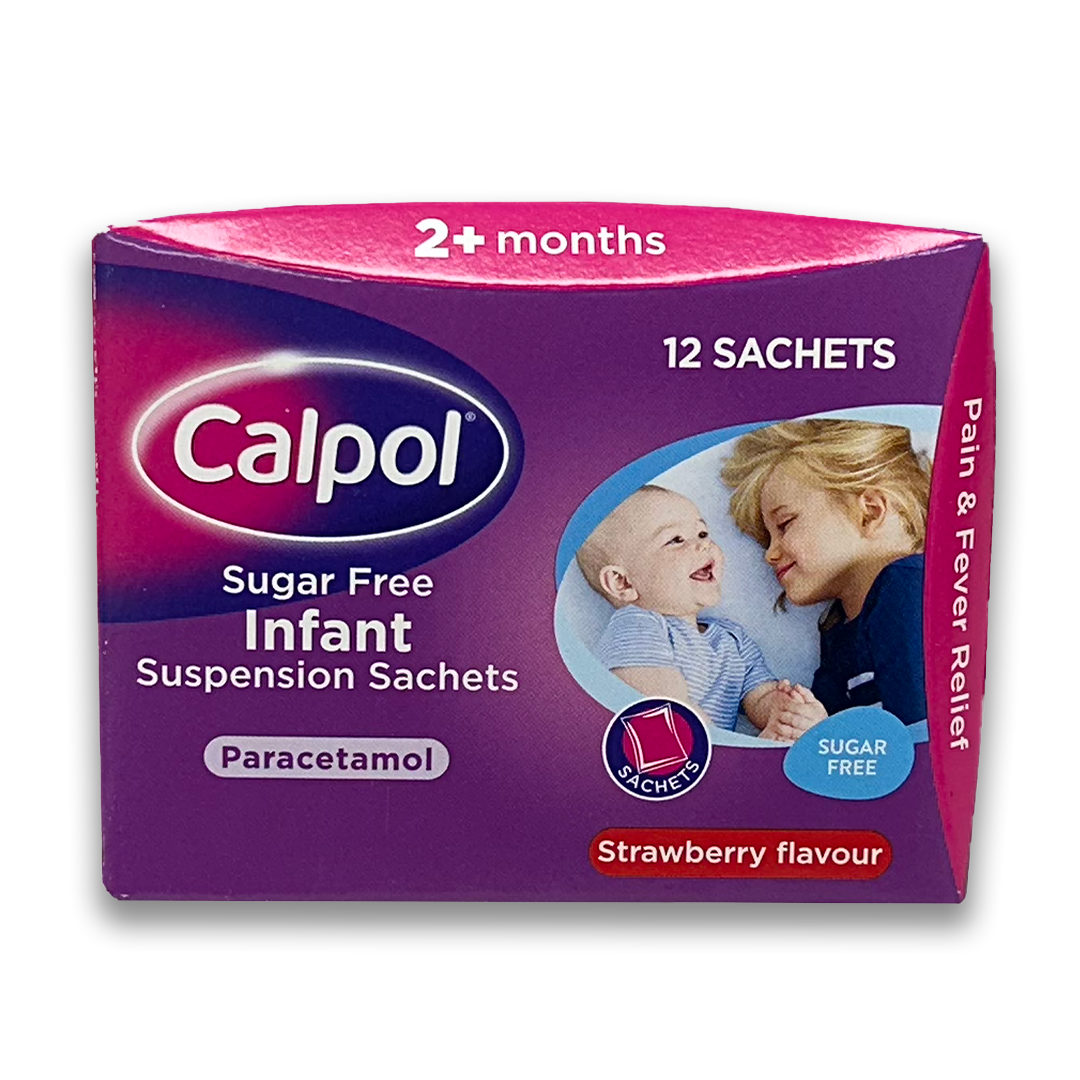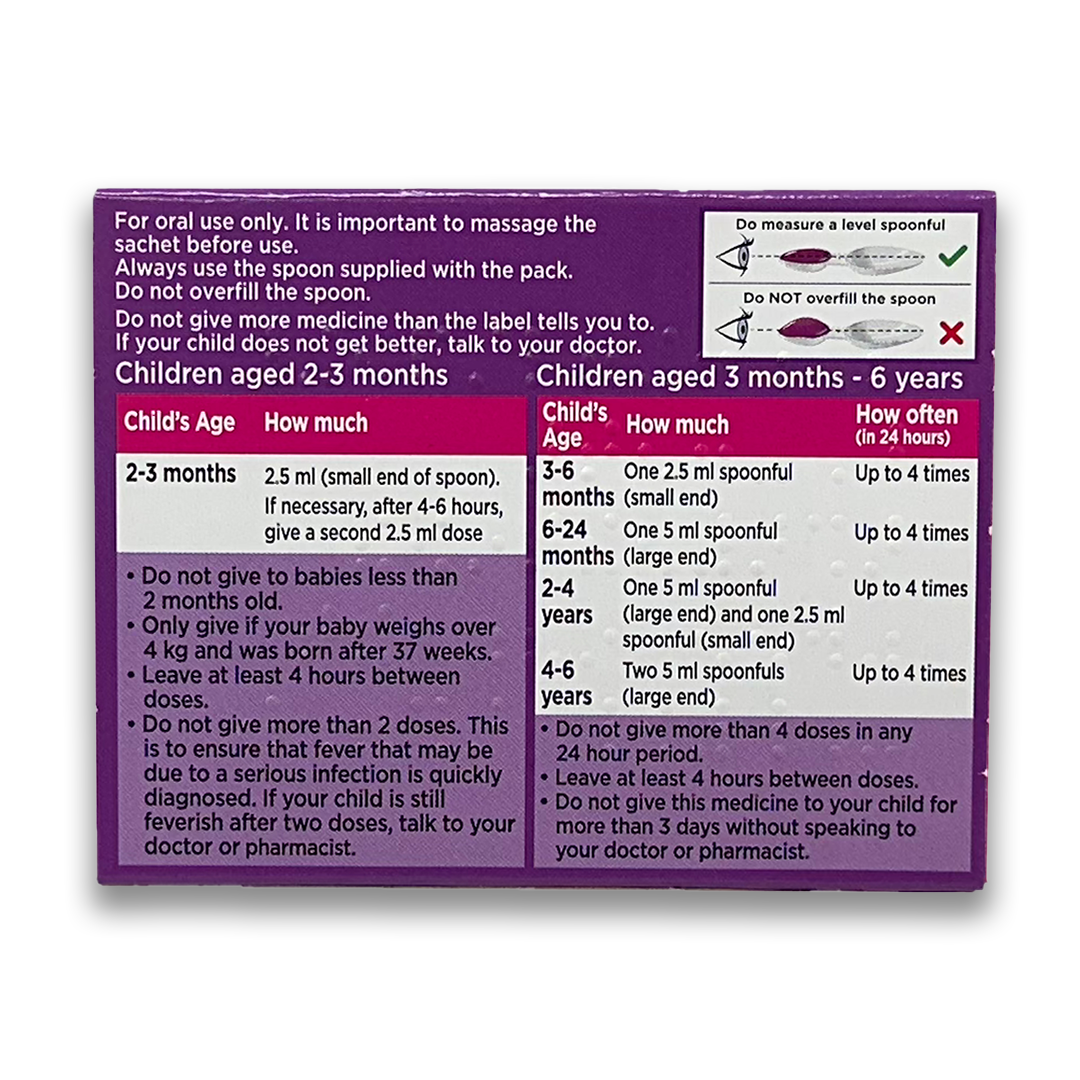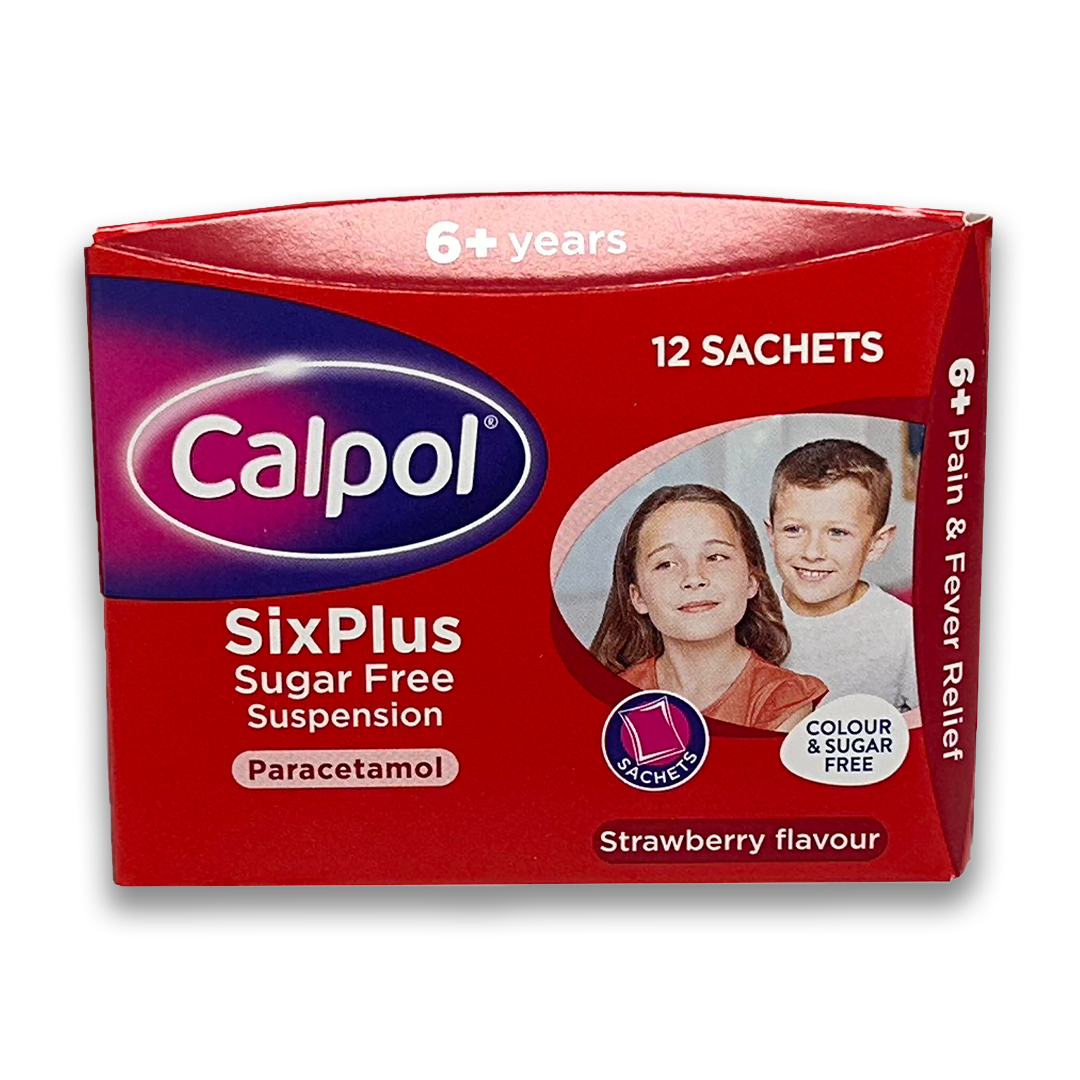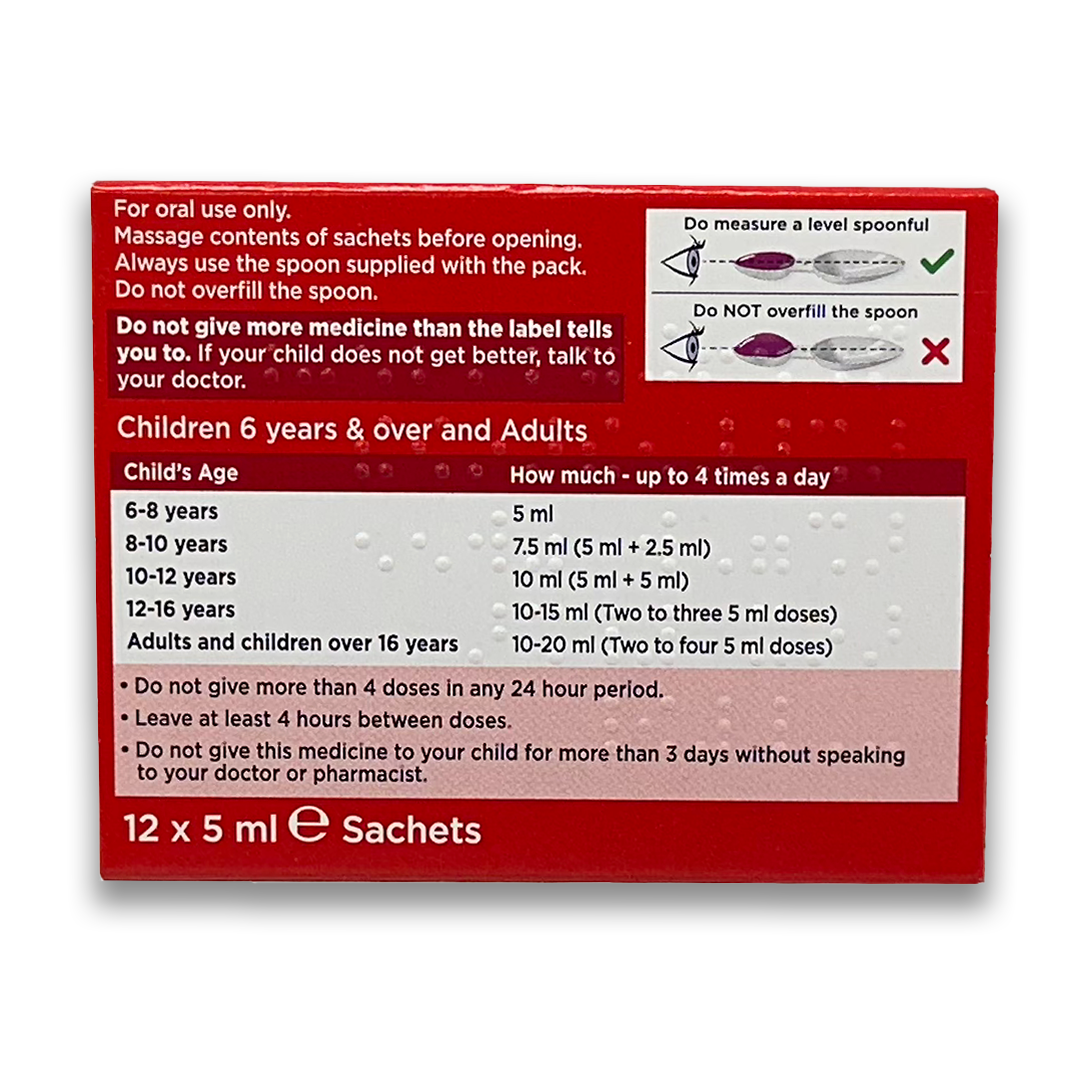
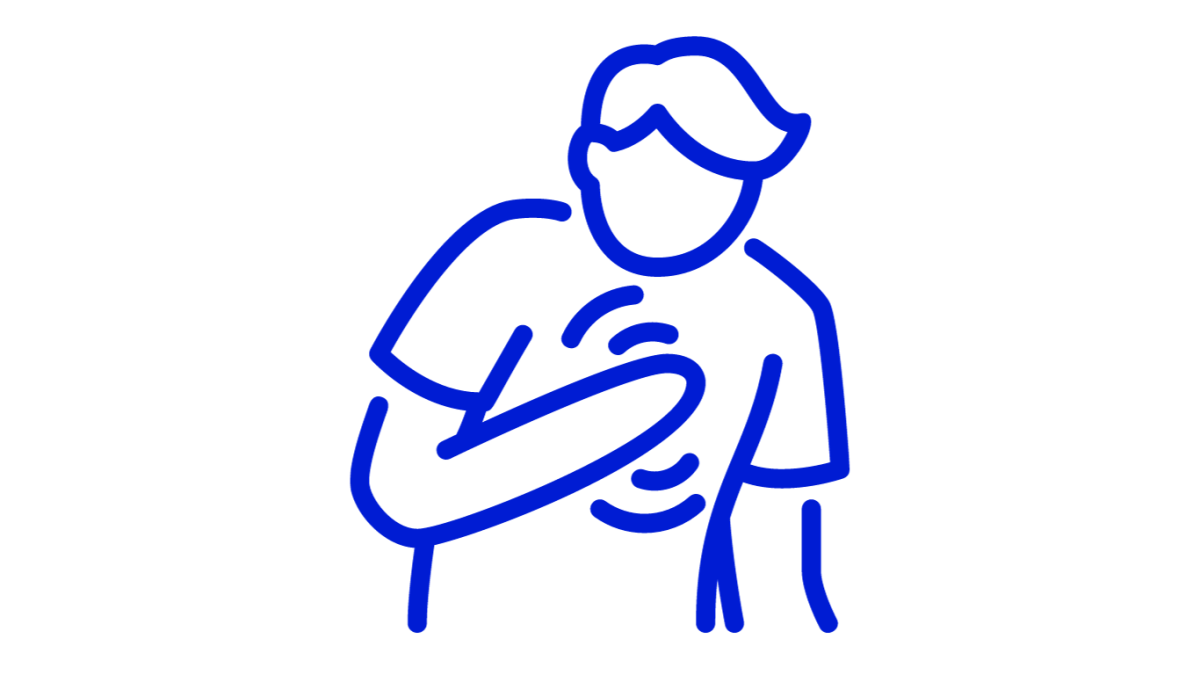
About Children's Pain relief
Cause
Diagnosis
Treatments
Prevention
Further Info
FAQs
Can I give my child both acetaminophen (paracetamol) and ibuprofen at the same time for pain relief?
Are there any natural or alternative therapies for pain relief in children?
When should I seek medical attention for my child's pain?
Can over-the-counter pain relievers cause side effects in children?
We are here to help 👋
For assistance, please contact our customer service at info@rightangled.com. We are available Monday to Friday from 8 am to 5 pm. For urgent issues, please do not use this email. Instead, call 111, or dial 999 in case of an emergency.

